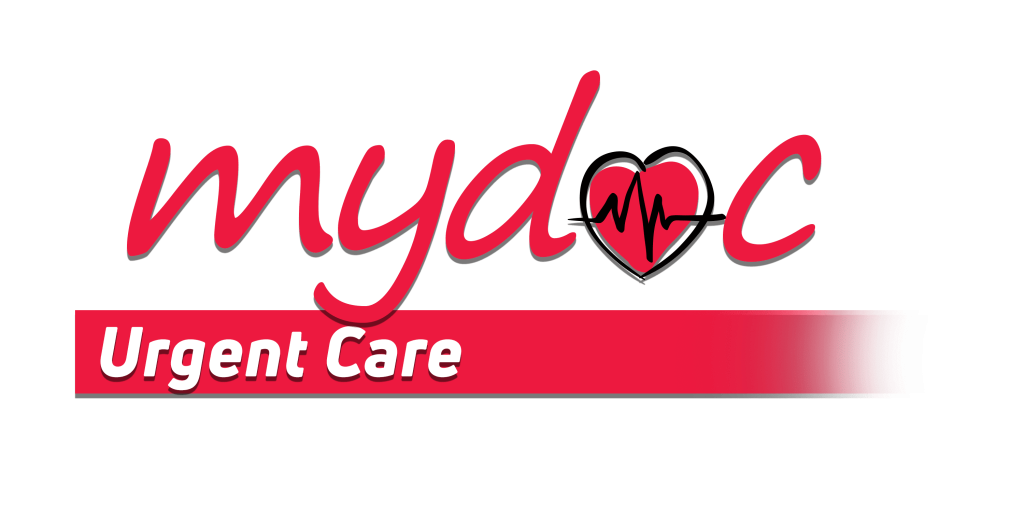What Are STDs?
STDs are sexually transmitted diseases. This means they are most often — but not exclusively — spread by sexual intercourse. HIV, chlamydia, genital herpes, genital warts, gonorrhea, some forms of hepatitis,syphilis, and trichomoniasis are STDs.
STDs used to be called venereal diseases or VD. They are among the most common contagious diseases. More than 65 million Americans have an incurable STD. Each year, 20 million new cases are reported; half of these infections are among people ages 15 to 24 and they can have long-term consequences.
STDs are serious illnesses that require treatment. Some STDs, such as HIV, cannot be cured and can be deadly. By learning more about STDs, you can learn ways to protect yourself.
You can get a STD from vaginal, anal, or oral sex. You can also be infected with trichomoniasis through contact with damp or moist objects such as towels, wet clothing, or toilet seats, although it is more commonly spread by sexual contact. You are at high risk if:
You have more than one sex partner
You have sex with someone who has had many partners
You don’t use a condom when having sex
You share needles when injecting intravenous drugs
You trade sex for money or drugs
HIV and herpes are chronic conditions that can be managed but not cured. Hepatitis B also may become chronic but can be managed. You may not realize you have certain STDs until you have damage to your reproductive organs (rendering you infertile), your vision, your heart, or other organs. Having an STD may weaken the immune system, leaving you more vulnerable to other infections. Pelvic inflammatory disease(PID) is a complication of gonorrhea and chlamydia that can leave women unable to have children. It can even kill you. If you pass an STD to your newborn child, the baby may suffer permanent harm or death.
What Causes STDs?
STDs include just about every kind of infection. Bacterial STDs include chlamydia, gonorrhea, and syphilis. Viral STDs include HIV, genital herpes, genital warts (HPV), and hepatitis B. Trichomoniasis is caused by a parasite.
The germs that cause STDs hide in semen, blood, vaginal secretions, and sometimes saliva. Most of the organisms are spread by vaginal, anal, or oral sex, but some, such as those that cause genital herpes and genital warts, may be spread through skin contact. You can get hepatitis B by sharing personal items, such as toothbrushes or razors, with someone who has it.
To prevent getting a sexually transmitted disease, or STD, always avoid sex with anyone who has genital sores, a rash, discharge, or other symptoms. The only time unprotected sex is safe is if you and your partner have sex only with each other, and if it’s been at least six months since you each tested negative for STDs. Otherwise you should:
Use latex condoms every time you have sex. If you use a lubricant, make sure it’s water-based. Usecondoms for the entire sex act. Condoms are not 100% effective at preventing disease or pregnancy. However, they are extremely effective if used properly. Learn how to use condoms correctly.
Avoid sharing towels or underclothing.
Wash before and after intercourse.
Get a vaccination for hepatitis B. This is a series of three shots.
Get tested for HIV.
If you have a problem with drug or alcohol abuse, get help. People who are drunk or on drugs often fail to have safe sex.
Consider that not having sex is the only sure way to prevent STDs.
It was once thought that using condoms with nonoxynol-9 helped to prevent STDs by killing the organisms that can cause disease. New research shows that doing so also irritates a woman’s vagina and cervix and may increase the risk of an STD infection. Current recommendations are to avoid using condoms with nonoxynol-9.
How Can I Prevent Spreading an STD?
To prevent giving an STD to someone else:
Stop having sex until you see a doctor and are treated.
Follow your doctor’s instructions for treatment.
Use condoms whenever you have sex, especially with new partners.
Don’t resume having sex unless your doctor says it’s OK.
Return to your doctor to get rechecked.
Be sure your sex partner or partners also are treated.

